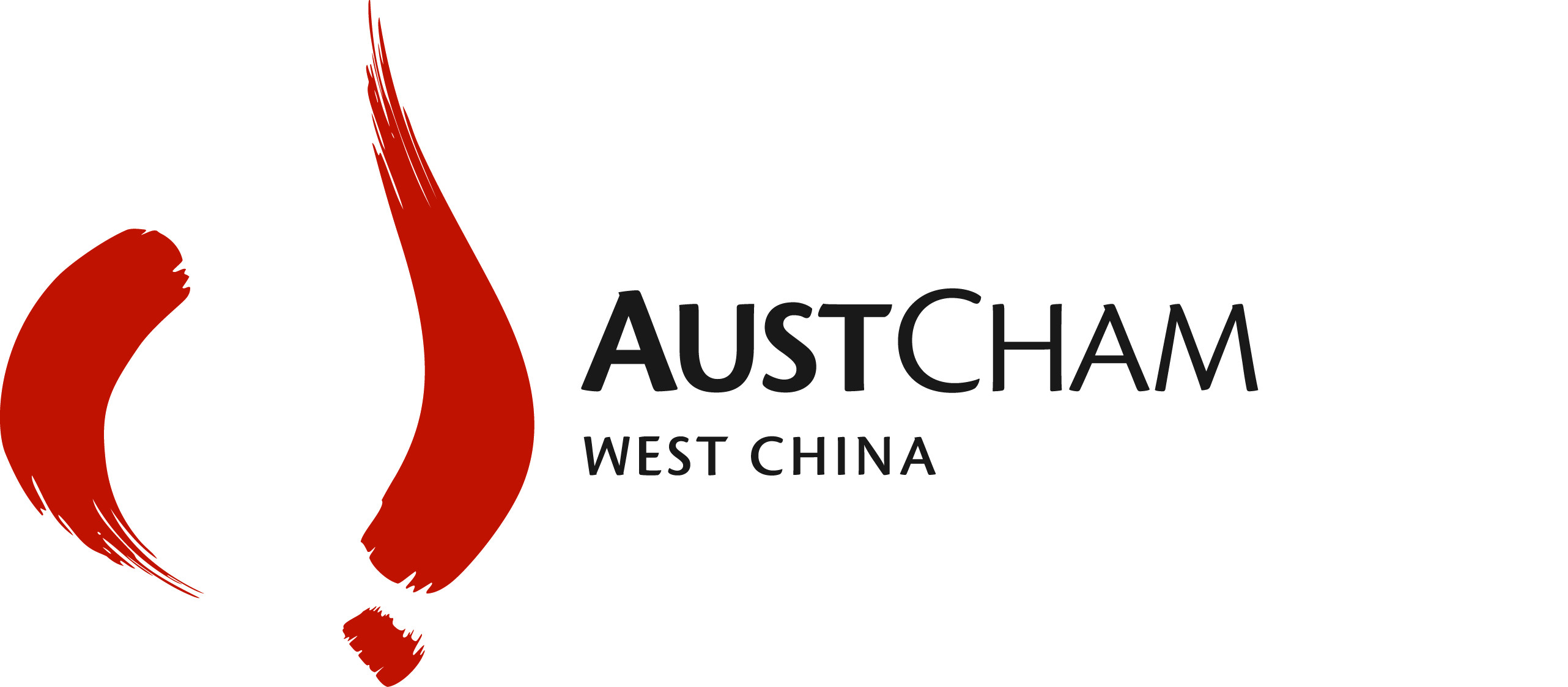 In today’s Talking Points: Chinese money is shaking things up in Silicon Valley; Manufacturing productivity in China is higher than regional competitors; a UBS Group report examines the recapitalisation of China’s banking system; and Alibaba posts uniquely strong sales growth for the quarter.
In today’s Talking Points: Chinese money is shaking things up in Silicon Valley; Manufacturing productivity in China is higher than regional competitors; a UBS Group report examines the recapitalisation of China’s banking system; and Alibaba posts uniquely strong sales growth for the quarter.
Chinese Money Creating Opportunity and Challenges in Silicon Valley
According to the Rhodium Group research firm, investment from China into Silicon Valley, excluding real estate, topped $6 billion by the end of the first half of 2016, with more than half of that spending taking place in the past 18 months. U.S. start-ups are hungrier than ever for access to China’s cash-rich companies and millionaires given the tighter fundraising environment in Silicon Valley. Chinese investors also can open doors to China’s billion-plus consumers for services and products facing a saturated market in the United States. However, Connie Chan, partner at VC firm Andreessen Horowitz, notes that ‘the Chinese investor may ask for terms that would be considered overly aggressive in Silicon Valley, but these terms would be considered fair in China’ which results in cultural misunderstandings and subsequent deal collapses.
Source: The Washington Post
Chinese Manufacturing Competitive By Productivity, Losing Out On Taxes
Looking at three major industrial hubs (Nanjing, Chongqing and Luoyang), researchers found that hourly factory wages grew 16.5%, nearly double the rate of growth in the Philippines, from 2002-2012. However, Chinese workers retain a competitive edge – productivity of Chinese workers has more than doubled over the same period compared to their counterparts in the Philippines and was 1.7 times that of the labor pool in Thailand. Further, in 2013 the value created per manufacturing worker in China was more than five times compared to the figure in Vietnam and nearly three times that of Indonesia. The main burden on manufacturing profits is heavy taxation – taxes and government levies accounted for 16.8 percent of overall costs and another one-fifths went to workers’ benefits including a housing allowance that has led to a heated public debate.
Source: Caixin
China raising trillions in banking system clean-up
A UBS Group report examining 765 Chinese banks has found extensive capital raising and debt restructuring is quietly underway as the banking sector works to clean-up strained balance sheets. The report found the country’s banks shed as much as 1.8 trillion yuan of impaired loans between 2013 and 2015, with 620 billion yuan of capital raised in the same period. “Contrary to market perception, bank recapitalisation and bailouts have begun,” said UBS’s Jason Bedford. “Most interestingly, for the first time in a decade we note formal implementations of asset restructuring plans and recapitalisations and bailouts of individual — and large — institutions.”
Source: Bloomberg
Alibaba goes from strength to strength as consumers continue to spend big
Alibaba has bucked the Chinese economic slowdown, posting strong 59 percent sales growth over the quarter. While China’s traditional industries are facing significant headwinds, China’s consumers are spending faster than ever – which is great news for Alibaba. The tech giant posted quarterly revenue of 32.15 billion yuan for the three months to June, with online sales performed by mobiles more than doubling during the period. The company also posted significant growth in its cloud computing, entertainment and media businesses – areas the company has invested substantially recently. Alibaba shares have risen 12.9 per cent in the past year, climbing to a 12-month high of US$87.33 in New York trading before the results were announced.
Source: South China Morning Post
